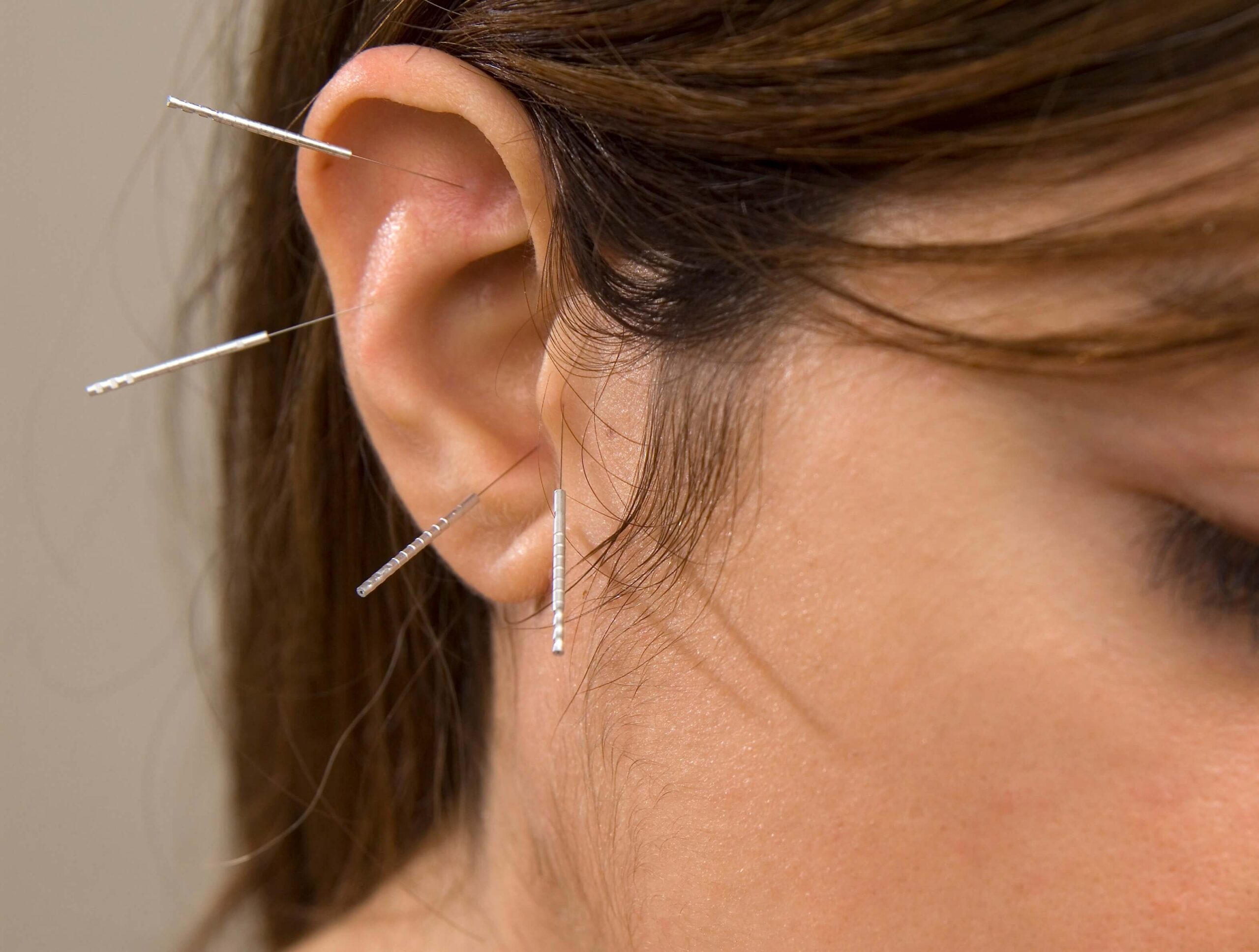Tinnitus, characterized by the perception of sound in the absence of an external source, is a common and often distressing condition that affects millions of people worldwide. While there is no definitive cure for tinnitus, various approaches have been explored to alleviate its symptoms. Among these, acupuncture, an ancient Chinese medical practice, has gained attention for its potential to provide relief to individuals struggling with tinnitus. This article delves into the relationship between acupuncture and tinnitus, examining the theories behind its effectiveness and reviewing relevant research.
Understanding Tinnitus
Tinnitus is not a single disorder but a symptom that can arise from various underlying causes. It is often associated with hearing loss, exposure to loud noises, ear infections, or age-related factors. Individuals with tinnitus may experience different sounds, such as ringing, buzzing, hissing, or even music-like melodies, which can range from mildly bothersome to severely disruptive. Managing tinnitus involves addressing its root causes and finding ways to mitigate its impact on daily life.
Acupuncture: An Ancient Healing Art
Acupuncture is a traditional Chinese medical practice that dates back thousands of years. It involves the insertion of thin needles into specific points on the body, known as acupoints, to stimulate energy pathways or “meridians.” According to traditional Chinese medicine (TCM) theory, the body’s vital energy, known as “qi,” flows along these meridians. By restoring the balance of qi, acupuncture aims to promote healing and alleviate various ailments, including pain, stress, and even conditions like tinnitus.
Theories Behind Acupuncture for Tinnitus Relief
Several theories exist to explain how acupuncture might alleviate tinnitus symptoms:
1. Neurological Modulation: Acupuncture is believed to influence the central nervous system, leading to the release of neurotransmitters and endorphins that can modulate pain perception and improve overall well-being. This modulation could potentially impact how tinnitus signals are processed by the brain.
2. Blood Flow and Circulation: Acupuncture may enhance blood circulation to the ears and brain, which could positively impact tinnitus symptoms related to poor blood flow or compromised circulation in the auditory system.
3. Stress and Anxiety Reduction: Tinnitus can often be exacerbated by stress and anxiety. Acupuncture’s relaxing effects may help lower stress levels, potentially leading to a reduction in tinnitus perception.
Acupuncture holds promise as a potential complementary approach for tinnitus relief, although its effectiveness remains a subject of ongoing research and debate. Individual responses to acupuncture can vary, and factors such as the severity and underlying cause of tinnitus may influence its outcomes. It is essential for individuals considering acupuncture for tinnitus to consult with a qualified acupuncturist and a medical professional to ensure a comprehensive approach to managing their condition. As research continues to unfold, acupuncture’s role in the realm of tinnitus treatment will become clearer, potentially offering a holistic avenue for those seeking relief from the persistent sounds of tinnitus.
For those without extended healthcare, we offer affordable pricing to help you get back to normal. Don’t wait while you’re in pain, request an appointment today at The Health First Group.
References:
1. Han JS. Acupuncture and endorphins. Neuroscience Letters. 2004.
2. Hilton MP et al. Acupuncture for tinnitus: a randomized controlled trial. The Cochrane Database of Systematic Reviews. 2013.
3. Park J et al. Acupuncture for the treatment of tinnitus: a systematic review of randomized clinical trials. BMC Complementary and Alternative Medicine. 2012.
4. Park J et al. Acupuncture for tinnitus: a systematic review. Clinical Otolaryngology. 2013.
5. Sikandar S et al. Effect of acupuncture in the management of tinnitus: a randomized controlled trial. Journal of the College of Physicians and Surgeons Pakistan. 2013.
6. Sullivan MD et al. Randomized controlled trial of acupuncture for women with fibromyalgia: comparing individualized and standard acupuncture. JAMA Internal Medicine. 2013.




